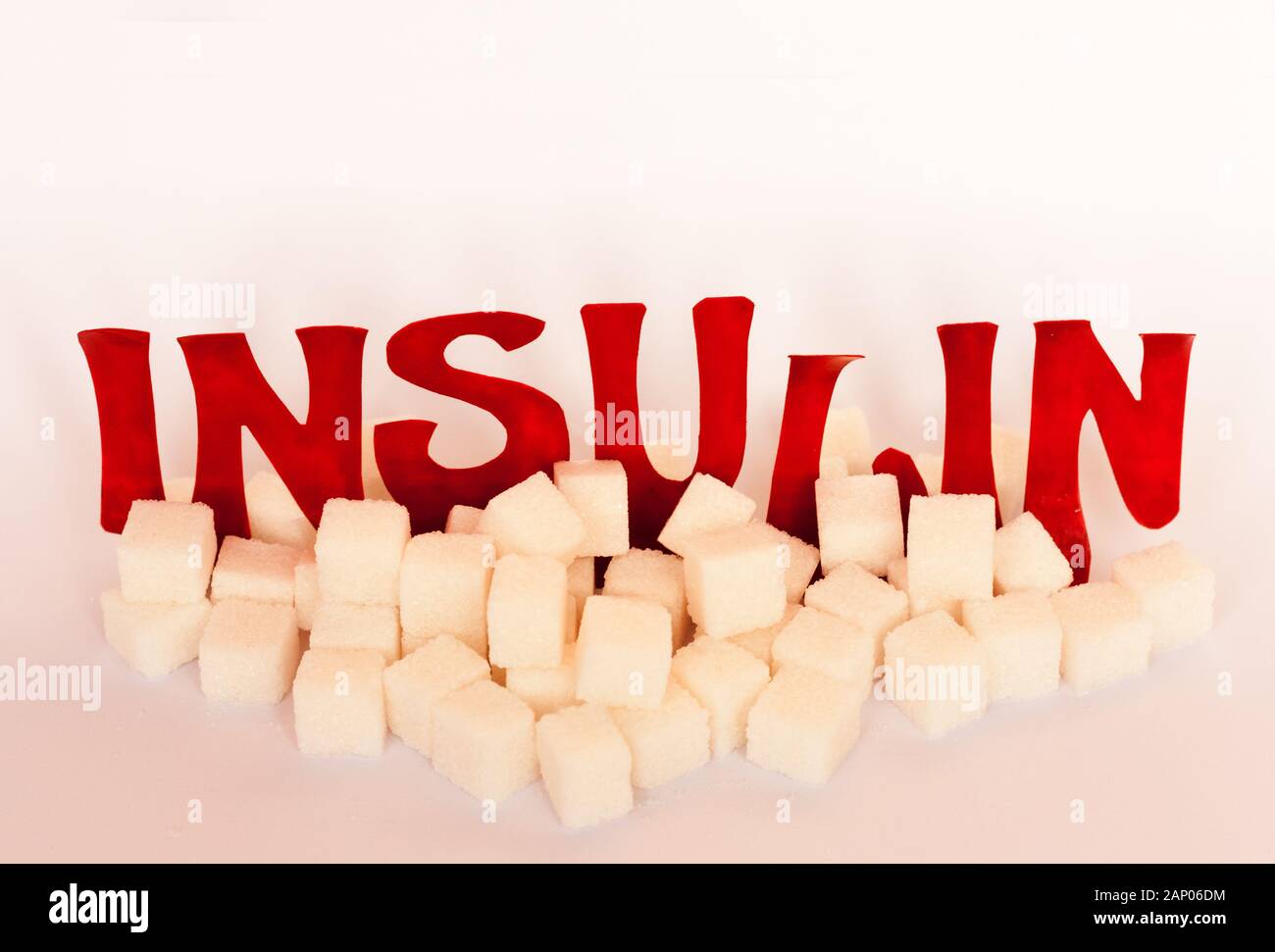AQA GCSE Combined Science Biology - homeostasis and response
1/25
Earn XP
Description and Tags
homeostasis and response Paper 2
Name | Mastery | Learn | Test | Matching | Spaced |
|---|
No study sessions yet.
26 Terms
What is homeostasis?
The regulation of internal conditions in response to external conditions
Name three conditions the body controls.
Blood glucose, body temperature, water levels.
What is a receptor?
A cell or organ that detects stimuli
What is a coordination centre?
Brain, spinal cord, or pancreas
What is an effector?
A muscle or gland that produces a response.
What is a reflex?
A rapid, automatic response to a stimulus.
Give an example of a reflex.
Pulling your hand away from something hot.
What is the nervous system made up of?
CNS, sensory neurons, motor neurons, effectors.
What does the CNS consist of?
The brain and spinal cord.
What is the role of sensory neurons?
Carry electrical impulses from receptors to the CNS.
What is the role of motor neurons?
Carry impulses from the CNS to effectors.
What is a synapse?
The gap between two neurons where chemical signals are transmitted.
What is the endocrine system?
A system of glands that secrete hormones into the blood.
What is a hormone?
A chemical messenger that travels in the blood to target organs.
Which gland is the ‘master gland’?
The pituitary gland.
What does insulin do?
Lowers blood glucose levels by causing glucose to be stored as glycogen in the liver.
What does glucagon do?
Raises blood glucose levels by converting glycogen to glucose.
What is Type 1 diabetes?
When the pancreas produces little or no insulin.

What is Type 2 diabetes?
When the body’s cells no longer respond to insulin.
How is water lost from the body?
Through sweating, urination, and exhaling.
Where are excess water and urea removed?
By the kidneys in urine.
What is ADH and what does it do?
A hormone that controls water reabsorption in the kidneys.
What is the role of the kidneys?
Filter blood and remove excess ions and water.
What are the main stages of the menstrual cycle?
FSH matures eggs, LH causes ovulation, oestrogen and progesterone build and maintain the uterus lining.
Name one form of hormonal contraception.
The contraceptive pill or implant.
what does the co-ordination centre do?
processes information and coordinates response.